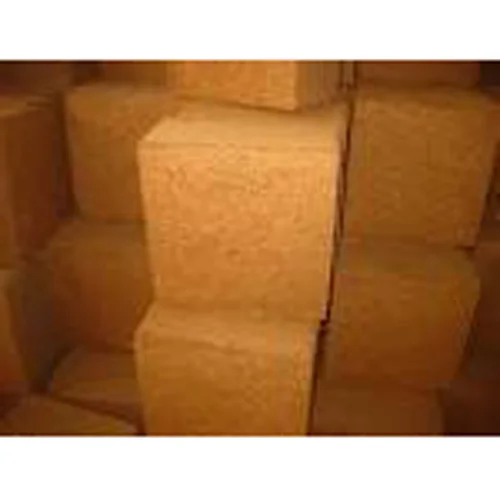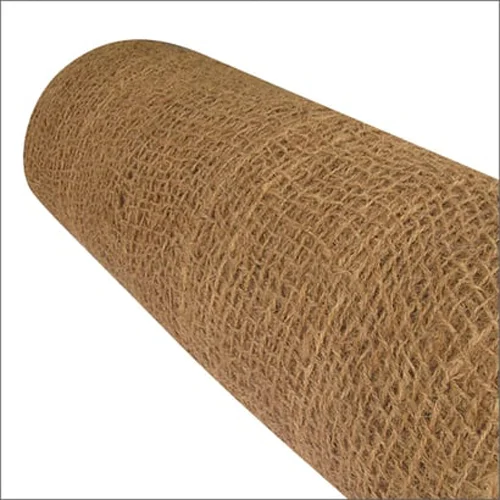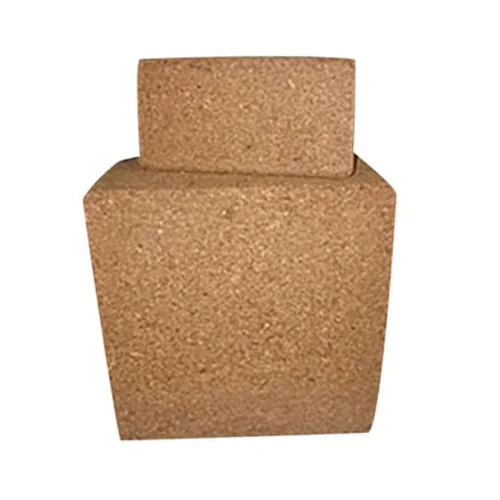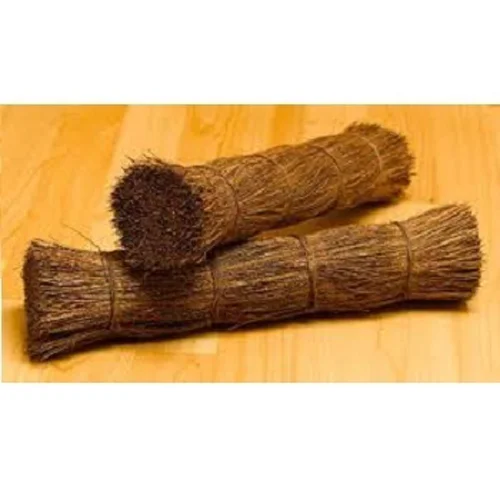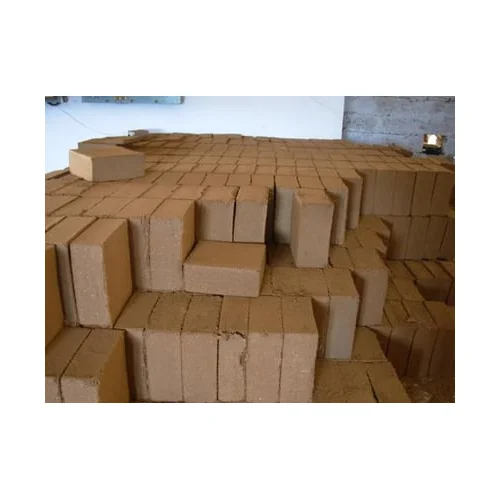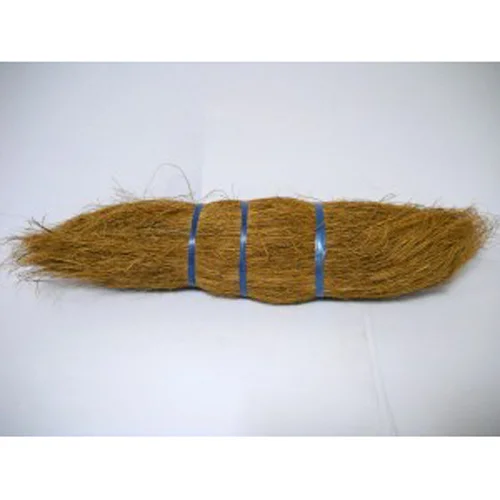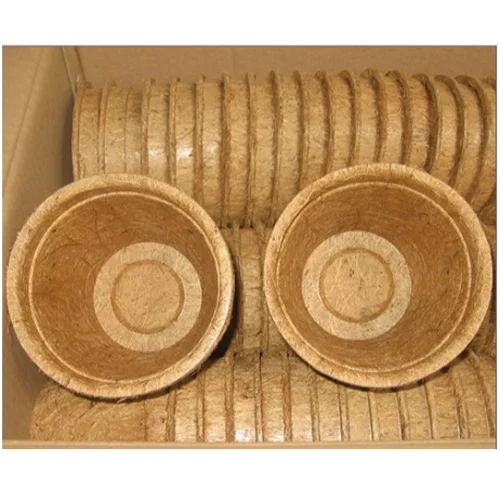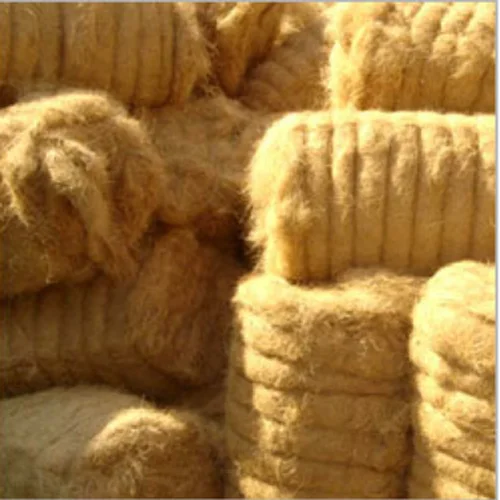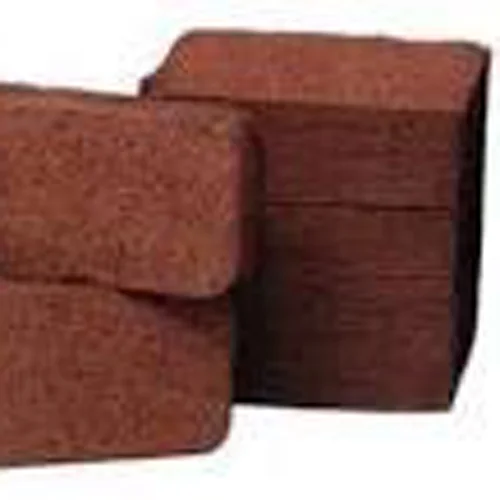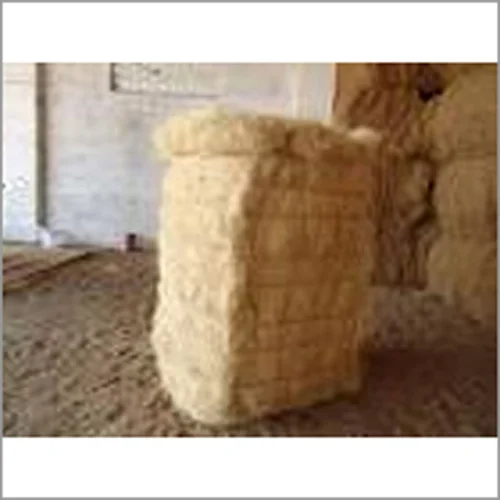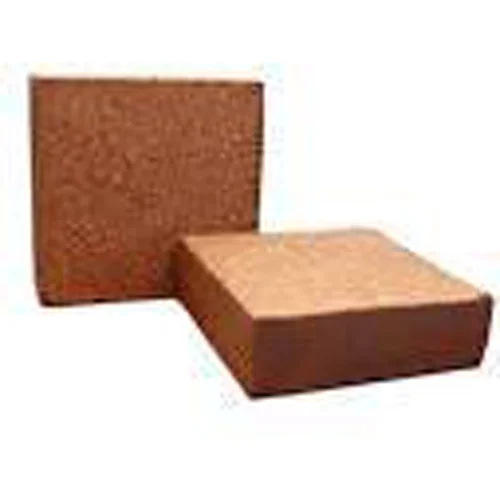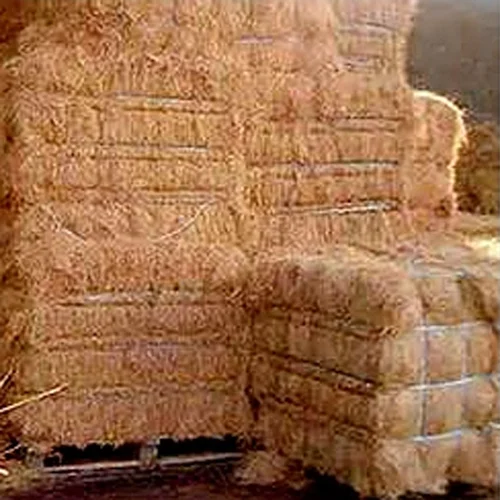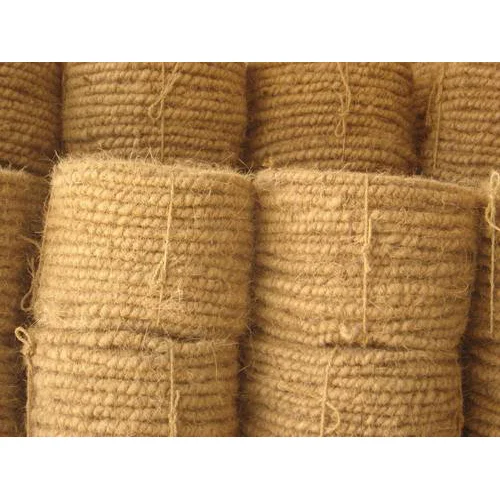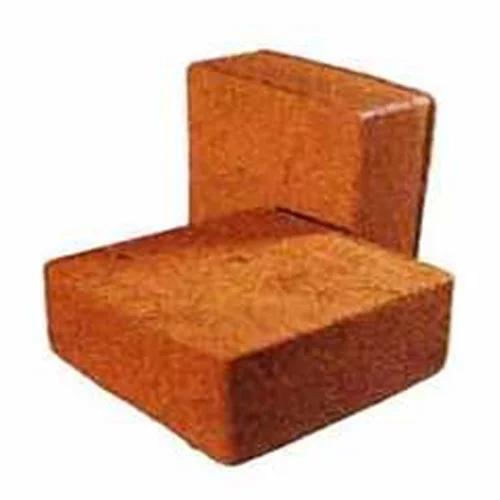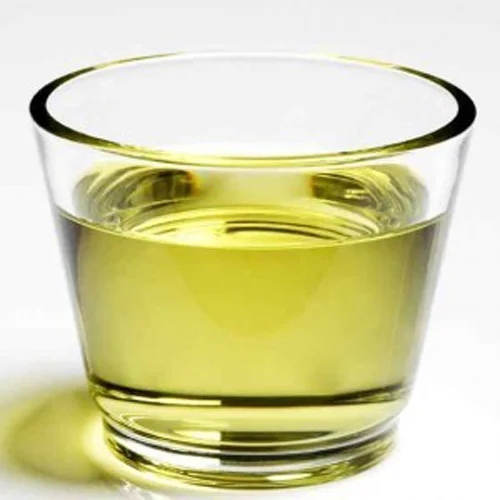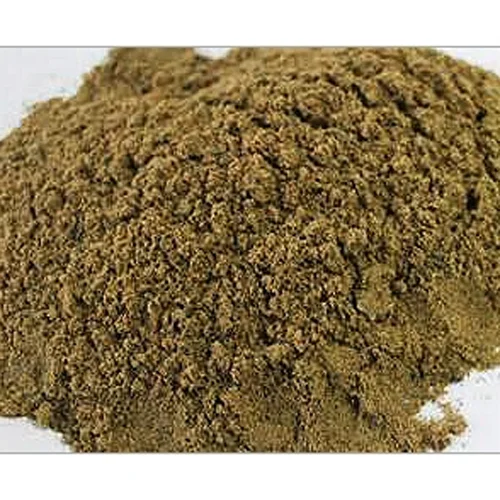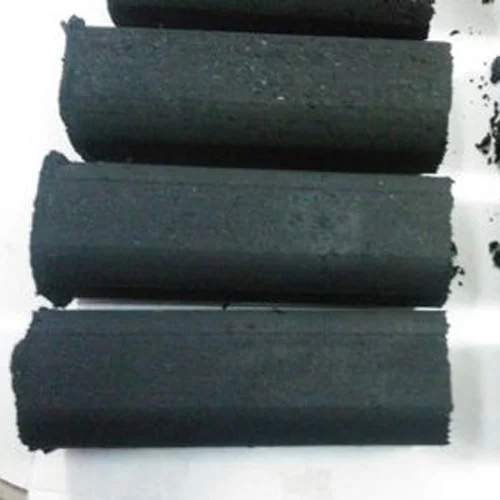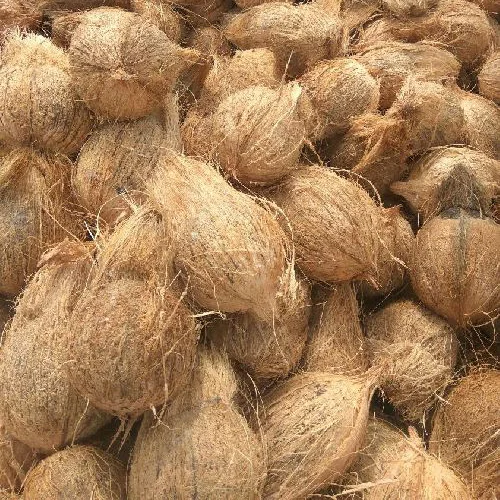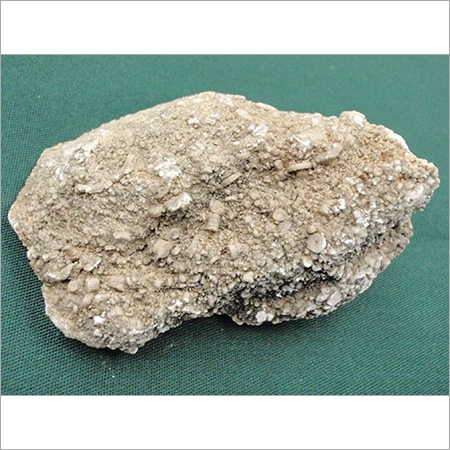Coco peat blocks, also known as coir blocks or coco coir blocks, are a popular growing medium for plants and vegetables. Coco peat is made from the fibrous husks of coconuts, which are a byproduct of the coconut industry. These husks are washed, dried, and then processed into a fine, fluffy material that resembles peat moss.
The processing of coco peat involves several stages, including sieving, washing, buffering, and drying. Once the coir fibers are cleaned and dried, they are compressed into blocks of various sizes and shapes. The blocks are then wrapped in plastic or other materials to preserve their moisture content.
Coco peat blocks are widely used in horticulture and agriculture as a growing medium for plants. They are particularly popular for hydroponic and greenhouse cultivation because they are lightweight, have excellent water retention and drainage capabilities, and are rich in nutrients.
Coco peat blocks are easy to use and can be rehydrated by adding water to them. When wet, the blocks expand and become fluffy, allowing air to circulate around the roots of the plants. This ensures that the roots are well-aerated and can easily access the nutrients in the growing medium.
Coco peat blocks are also eco-friendly and sustainable. Because they are made from a renewable resource, they are an excellent alternative to peat moss, which is often harvested from fragile ecosystems. Coco peat blocks can be reused multiple times before they need to be disposed of, making them an economical choice for growers.
In summary, coco peat blocks are a versatile and sustainable growing medium that are widely used in horticulture and agriculture. They are lightweight, easy to use, and provide excellent water retention and drainage capabilities. Coco peat blocks are an eco-friendly alternative to peat moss and are an excellent choice for growers who are looking for a high-quality, sustainable growing medium.


